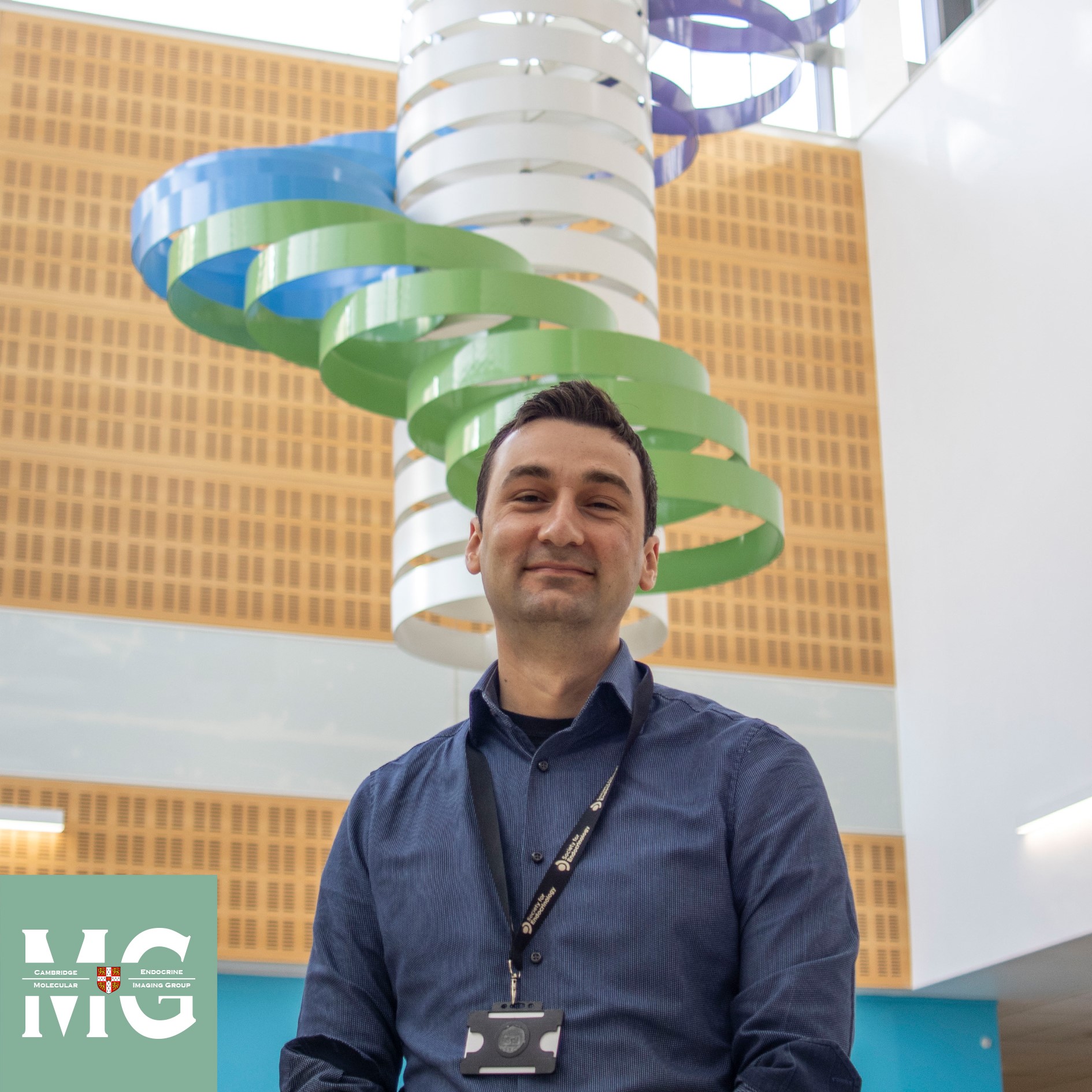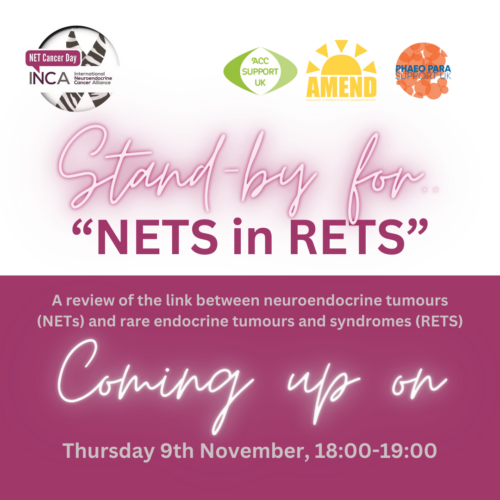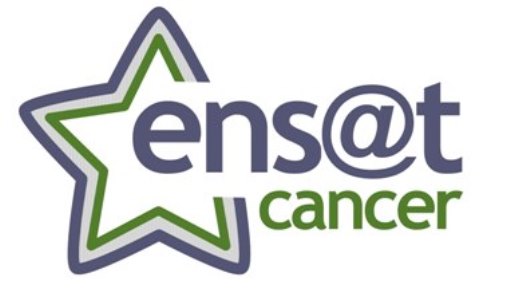Research is a step-by-step process that involves collecting and examining information. Research into adrenocortical carcinomas is vital to improve our understanding of the disease and how it can be treated.
Research goals include:
- Understanding what causes ACC
- Understanding how ACC grows
- Finding more effective scans and tests for diagnosis and management of ACC
- Finding new treatments, and ensuring that current treatments are being used so as to provide the best outcome for the patient
ACCs are a rare form of cancer, and there are only a small number of teams of dedicated medical teams around the world who treat patients every day. It is important that these teams are given the resources to carry out research within their centres, so that our understanding of this disease and how to treat it continues to grow.
In clinical trials, patients agree to try new therapies (under careful supervision) in order to help doctors find the best treatments with the fewest side effects. Clinical trials may also test the value of new tests to diagnose disease and to help the doctors to detect earlier when the tumour is coming back.
If patients want to take part in a clinical trial, they should discuss this with their specialist, who will know what trials are recruiting patients and whether they are eligible.
To decide who is eligible, all studies are run on strict inclusion and exclusion criteria in order to ensure the safety of patients. Criteria may include things like age and site or stage of disease. It can be frustrating for patients to discover that they are not eligible, but no medical professional is able to influence any decisions based on these criteria.
No one should ever include a patient in a clinical trial without his or her knowledge. A doctor, nurse or other researcher will ask for permission (consent), and they cannot enter a patient into the trial unless that patient has given this.
To help patients decide whether they want to take part, the researchers should tell them all about the study:
- what it is trying to find out
- how they will be treated
- what they will have to do
- what possible side effects may be if testing a new drug.
Even after consent has been given, a patient may leave the trial without giving a reason at any time. If a patient is having a new treatment as part of a trial and then leaves the trial, he or she may not be able to continue having the new treatment. In this situation, patients would be given the appropriate standard treatment for their type of cancer.
Places to Find out more About Clinical Trials
This website allows users to search, register and share information about randomised controlled trials. Covers England, Scotland and the US but not easy to search.
This is a register of federally and privately supported clinical trials conducted in the United States and around the world.
You can also search for research trials available to patients in the UK and Europe on these websites:
- Cancer Research UK
- The Medical Research Council Clinical Trials Unit
- National Cancer Research Institute
- European Organisation for Research and Treatment of Cancer
- European Network for the Study of Adrenal Tumours








